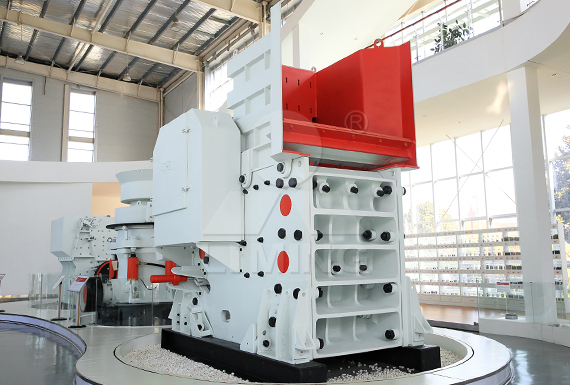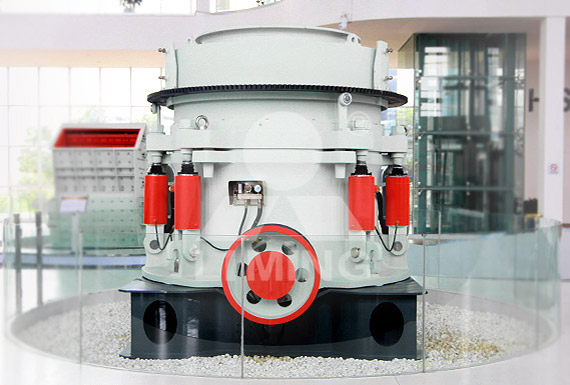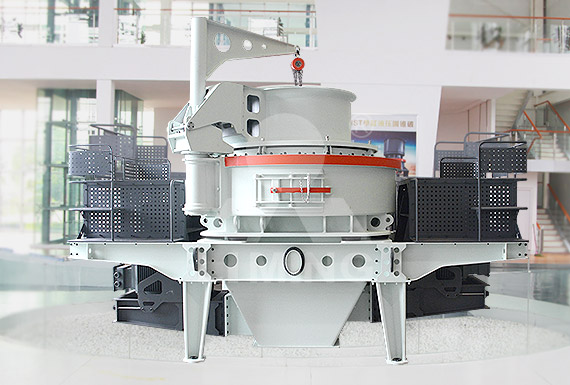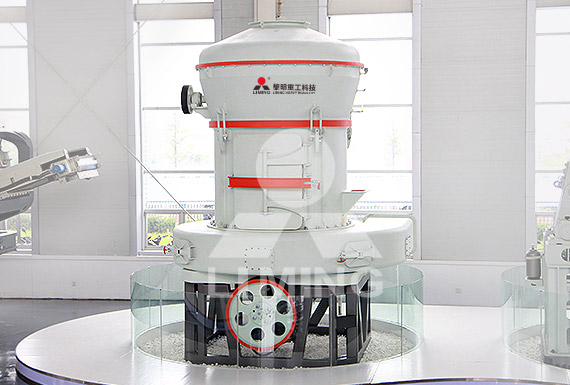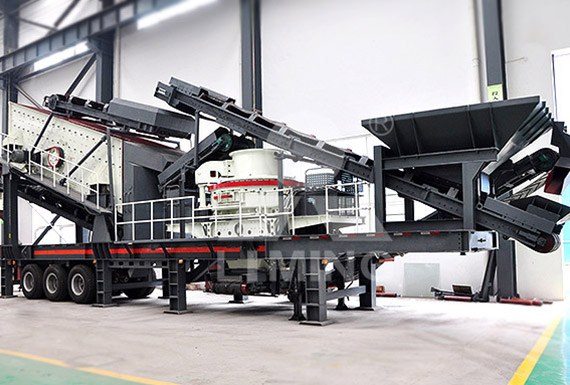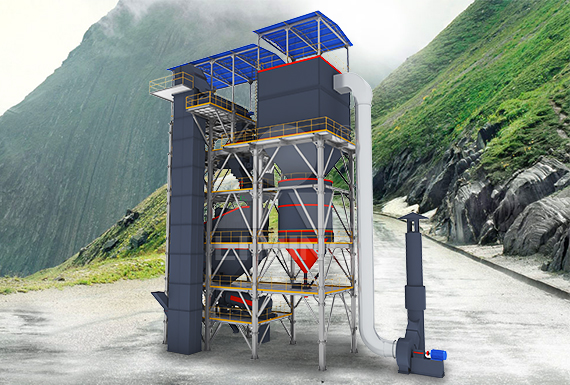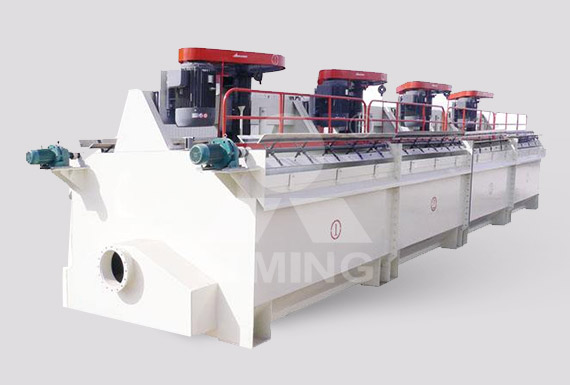المنتجات الساخنة

Gypsum Chemical Formula, Properties, Types, Uses and
May 22, 2020What is the Chemical Formula for Gypsum? The main components of gypsum are calcium sulfate (CaSO4) and water (H2O). Its chemical name is Calcium Sulphate Dihydrate and the chemical formula of gypsum is represented as CaSO4.2H2O.
Contact
Gypsum Product Of Chemical Processing
Gypsum processing feeco.Synthetic gypsum is a unique by-product synthetic gypsum is created as a by-product of industrial processing.It is composed of calcium sulfate dihydrate, has the same characteristics as natural gypsum, and is a high-quality and environmentally friendly product. China Gypsum Board Manufacturing Processing
Contact
Gypsum Wallboard Chemical Additives
Boric acid raises the calcination temperature for gypsum, thereby protecting the wallboard from the effects of over-drying Water soluble, it migrates to the surface of the board, as well as the ends and edges, during the drying process It forms a thin layer and modifies the gypsum crystals, making them larger and thicker.
Contact
Gypsum processing and use Humanitarian Library
Gypsum Processing and Use Practical Action 4 are more efficient than burning the gypsum in mounds or pits, and even a small kiln may use less than half of the fuel of a pit or mound. It is easiest to judge when enough heat has been applied if an indirectly heated pan or metal plate is used. When the temperature of the surface is increased steam
Contact
11.16 Gypsum Manufacturing US EPA
As used here, an impact mill is a process unit used to dry, grind, and calcine gypsum simultaneously. q References 4-5,16. Emission factor units = kg/m2. Based on 13-mm board thickness and 1.2 m board width. For other thicknesses, multiply the appropriate emission factor by 0.079 times board thickness in mm. r References 4-5,16.
Contact
Their properties and chemical processes when
May 25, 2012Gypsum is one of the family of calcium sulfates. The chemical formula for gypsum is CaSO 4 .2H 2 O. This means that each gypsum molecule contains one calcium cation, one sulfate anion, and two waters. There are other calcium sulfates, such as calcium sulfate anhydrite (CaSO 4
Contact
Chemical Treatment to Control Turbidity on Construction
Feb 07, 2022The largest use of gypsum is in the manufacture of wallboard, but it is also used in water and wastewater treatment and other industrial processes. Alum is an aluminum sulfate material (Al 2 (SO 4) 3 16H 2 O), which also can be used for water clarification.
Contact
Gypsum an overview ScienceDirect Topics
Gypsum is the name given to a mineral categorized as calcium sulfate mineral, and its chemical formula is calcium sulfate dihydrate, CaSO 4 ⋅ 2H 2 O. However, a broader definition includes all the calcium sulfates, including calcium sulfate hemihydrate, CaSO 4 ⋅ 0.5H 2 O, which is known as plaster or plaster of Paris (POP). Figure 6 summarizes the polymorphism of calcium sulfate;
Contact
What Can Gypsum Be Used For? Textura Trading
Gypsum board, often known as drywall or plasterboard in the building industry, is predominantly used as a finish for walls and ceilings. Gypsum is also used in surgical splints, casting molds, and modeling due to its coagulation properties. In construction, it is most commonly used as a wall panel, but can be used as flooring or ceiling as well
Contact
Gypsum products SlideShare
Jun 21, 201810. SETTING OF GYPSUM PRODUCTS The reaction between gypsum products and water produces solid gypsum, and the heat evolved in the exothermic reaction is equivalent to the heat used originally for calcination. Set gypsum products probably never attain 100% conversion unless they are exposed to high humidity for a long time.
Contact
The Most Valuable Things You Need to Know about Gypsum
Sep 02, 2021The applications of gypsum powder It is a very important industrial raw material that is widely used in construction, building materials, industrial and artistic models, chemical industry (sulfuric acid production, stone filler, paint filler), agriculture, processing, pharmaceutical, and many other industries and applications.
Contact
Uses of gypsum Uses of gypsum in agriculture and BYJUS
1. Uses of Gypsum Powder. On heating gypsum stone a white coloured powder is obtained. This white powder is smooth and is called gypsum powder. Gypsum is first crushed, heat-dried and then powdered. It is used as fertilizer. It prevents soil erosion, improves soil composition, helps the movement of water and air, facilitates root growth.
Contact
AP-42, CH 8.9: Phosphoric Acid
referred to as gypsum. Gypsum is separated from the reaction solution by filtration. Facilities in the U. S. generally use a dihydrate process that produces gypsum in the form of calcium sulfate with 2 molecules of water (H2O) (CaSO4 2H2O or
Contact
Chemical Information Review Document for Synthetic and
gypsum was 18.0 million tons. Synthetic gypsum is mainly produced as a byproduct in flue gas desulfurization (FGD) systems. Calcined gypsum is produced domestically from crude gypsum by heating selenite. In the United States, gypsum is primarily used to manufacture wallboard and plaster for homes, offices, and commercial buildings.
Contact
Processing Gypsum for Use in Soil Amendments
It is a key ingredient in cement, plaster, and even building materials. Gypsum is also gaining recognition from the positive impacts it brings when used as a soil amendment. This article will focus on the process of pelletizing gypsum, as well as the benefits that result from using pelletized gypsum as a soil amendment.
Contact
Gypsum: Types, Properties, AdvantagesDisadvantages
Gypsum is a soft sulfate naturally occurring, white powdered mineral composed of calcium sulfate di-hydrate with the chemical formula CaSO. 42H2O. It is widely mined and is used as a fertilizer and main constituent in many forms of plaster, blackboard/sidewalk chalk, and drywall.
Contact
Considerations in Gypsum Handling FEECO International Inc.
Considerations in Gypsum Handling. The element is invisible or too thin, upon page loading. In case of using tabs, try a Custom width in the General settings and you may also use a fixed width. (Justified Image Grid) The primary role of a gypsum handling system is to transfer material safely and efficiently from one location to another.
Contact
KGS--Gypsum in Kansas--Uses and Summary
Feb 20, 2018Uses and Manufacture of Gypsum. Although considerable gypsum is used in the raw state, most gypsum is calcined before it is used. Calcining consists of heating the mineral to remove the chemically combined water that it contains. This process and its chemical reactions have been described briefly in this report.
Contact
chemical used in the gypsum industry
2021-5-27 The applications of gypsum powder It is a very important industrial raw material that is widely used in construction, building materials, industrial and artistic models, chemical industry (sulfuric acid production, stone filler, paint filler), agriculture, processing, pharmaceutical, and many other industries and applications.
Contact
Gypsum Product Of Chemical Processing
Gypsum Product Of Chemical Processing. Chemicals used in gypsum processing.Chemicals used in gypsum processing.Gypsum board is the technical product name used by manufacturers for a specific board with a gypsum core and a stone facing and may be further described as follows regular gypsum board a gypsum board with naturally
Contact
Gypsum Chemical Formula, Properties, Types, Uses and FAQ
Gypsum rock is first mined or quarried, then crushed and ground to a fine powder. It then goes through a process called calcining where heat at 350 degrees is supplied to the gypsum powder which removes 3/4 th of the water molecules. Hemihydrate is the name of calcined gypsum which is then used in gypsum board, gypsum plaster, and other products.
Contact
Gypsum Product Of Chemical Processing
Gypsum Product Of Chemical Processing. Chemicals used in gypsum processing.Chemicals used in gypsum processing.Gypsum board is the technical product name used by manufacturers for a specific board with a gypsum core and a stone facing and may be further described as follows regular gypsum board a gypsum board with naturally
Contact
chemical used in the gypsum industry
2021-5-27 The applications of gypsum powder It is a very important industrial raw material that is widely used in construction, building materials, industrial and artistic models, chemical industry (sulfuric acid production, stone filler, paint filler), agriculture, processing, pharmaceutical, and many other industries and applications.
Contact
Gypsum Wallboard Chemical Additives
Gypsum, unlike cement, is a physical structure rather than a chemical structure. The needle-like gypsum crystals form a network to give the board its physical integrity The crystals are closely interwoven, giving the core most of its wet strength. After drying, the frictional forces of these crystals increase the strength of the core.
Contact
Their properties and chemical processes when applied to soil.
May 25, 2012GYPSUM AND CALCIUM SULFATE ANHYDRITE The most widely used calcium soil additive is gypsum. Gypsum is one of the family of calcium sulfates. The chemical formula for gypsum is CaSO 4.2H 2 O. This means that each gypsum molecule contains one calcium cation, one sulfate anion, and two waters. There are other calcium sulfates, such as
Contact
11.16 Gypsum Manufacturing US EPA
As used here, an impact mill is a process unit used to dry, grind, and calcine gypsum simultaneously. q References 4-5,16. Emission factor units = kg/m2. Based on 13-mm board thickness and 1.2 m board width. For other thicknesses, multiply the appropriate emission factor by 0.079 times board thickness in mm. r References 4-5,16.
Contact
Processing Gypsum for Use in Soil Amendments
It is a key ingredient in cement, plaster, and even building materials. Gypsum is also gaining recognition from the positive impacts it brings when used as a soil amendment. This article will focus on the process of pelletizing gypsum, as well as the benefits that result from using pelletized gypsum as a soil amendment.
Contact
The Most Valuable Things You Need to Know about Gypsum
Sep 02, 2021The applications of gypsum powder It is a very important industrial raw material that is widely used in construction, building materials, industrial and artistic models, chemical industry (sulfuric acid production, stone filler, paint filler), agriculture, processing, pharmaceutical, and many other industries and applications.
Contact
Considerations in Gypsum Handling FEECO International Inc.
Considerations in Gypsum Handling. The element is invisible or too thin, upon page loading. In case of using tabs, try a Custom width in the General settings and you may also use a fixed width. (Justified Image Grid) The primary role of a gypsum handling system is to transfer material safely and efficiently from one location to another.
Contact
List of Chemicals used in Pulp and Paper Making
CHEMICALS USED IN PULP &PAPER MANUFACTURING AND COATING. While there are about 3000 or so different types of chemicals which "can be used" in making, in practice only about 200 individual chemicals are typically used, each satisfying a specific need.
Contact
What Can Gypsum Be Used For? Textura Trading
Gypsum board, often known as drywall or plasterboard in the building industry, is predominantly used as a finish for walls and ceilings. Gypsum is also used in surgical splints, casting molds, and modeling due to its coagulation properties. In construction, it is most commonly used as a wall panel, but can be used as flooring or ceiling as well
Contact
Chemical Information Review Document for Synthetic and
gypsum was 18.0 million tons. Synthetic gypsum is mainly produced as a byproduct in flue gas desulfurization (FGD) systems. Calcined gypsum is produced domestically from crude gypsum by heating selenite. In the United States, gypsum is primarily used to manufacture wallboard and plaster for homes, offices, and commercial buildings.
Contact
Gypsum: Types, Properties, AdvantagesDisadvantages
Gypsum is a soft sulfate naturally occurring, white powdered mineral composed of calcium sulfate di-hydrate with the chemical formula CaSO. 42H2O. It is widely mined and is used as a fertilizer and main constituent in many forms of plaster, blackboard/sidewalk chalk, and drywall.
Contact